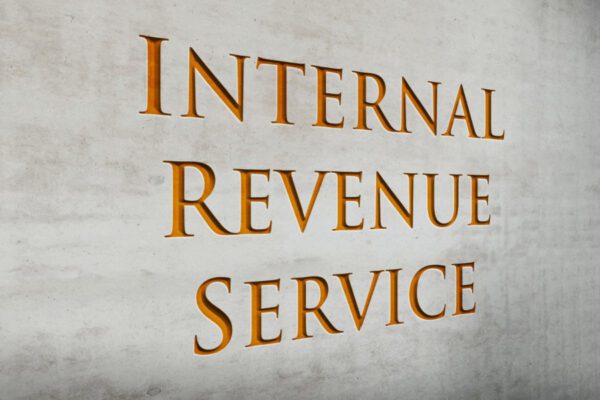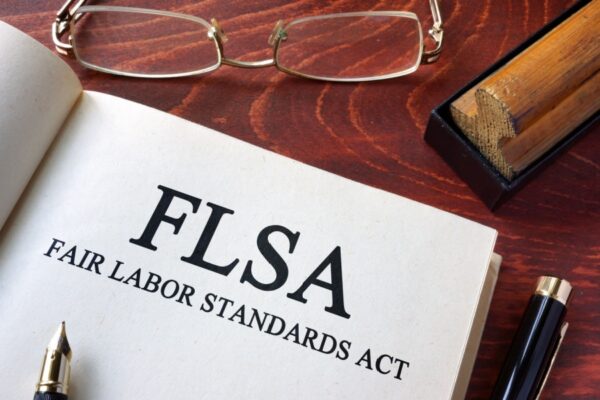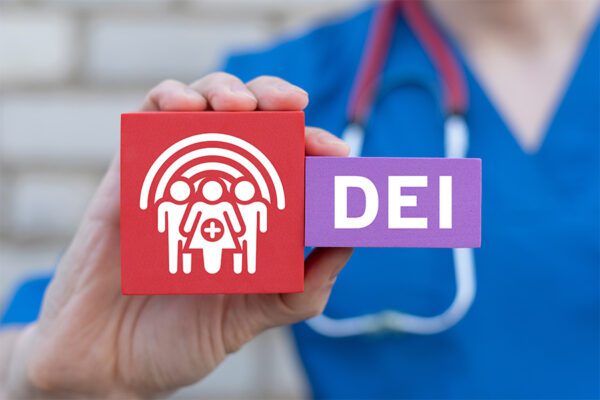- Protect Your Business
Business Insurance Products
Risk Advisory Solutions
- Risk Control & Transfer
- Claims Advocacy
- Safety Consulting
- Predictive Safety Analytics
- Safety Observations & Safety Audits
- OSHA Compliance Assistance
- Schedule a Pre-Employment Test
- SB 75 | Illinois Sexual Harassment Training Services
- Workplace COVID-19 Consulting Services
- Safety Program and Risk Assessments
- Cost Reduction Services
- Safety Training Services
- Safety Program Development
- Industrial Hygiene Services
- Industry Leading Safety Solutions
- Transportation Safety Programs
- Pre-Employment Strength Testing
- Surety Bond Services
- Captives Insurance
- Certificate Control & Process
- Directors & Officers Insurance – Management Liability Insurance
- Contact Business Advisor Team
Industries
- Construction Insurance
- Real Estate Development Insurance
- Education
- Franchise
- Healthcare
- Lawyers & Legal Professionals
- Manufacturing
- Manufacturing & Distribution Insurance
- Food Processing & Manufacturing Insurance
- Pet Food Manufacturing Insurance
- Beverage Manufacturing Business Insurance
- Bakery Manufacturing Insurance
- Tortilla Manufacturing Insurance
- Grain and Oilseed Manufacturing Insurance
- Sugar Manufacturing Insurance
- Meat Manufacturing Insurance
- Chemical Manufacturing Insurance
- Metal Manufacturing Insurance
- Food Manufacturing Insurance
- Plastic Goods Manufacturing Insurance
- Moving & Storage
- NonProfit Insurance – Insurance For 501(C)
- Public Sector Insurance
- Welding Supply & Gas Dist.
- Resale, Consignment & Thrift Shop Insurance
- Restaurant Insurance
- Bar Insurance
- Trucking Insurance
- Covering Your Craftsmanship: Coverage Options for Wood Product Businesses
- Protect Your People
Employee Benefits Insurance
Employee Benefits Strategies
- Multiemployer Consulting Solutions
- Protect Your Family
- Resources
- Events
Resources
Our resource library includes several insurance specific and risk related topics. To keep up-to-date on new additions to the library, register for our Newsletters at the bottom of the page.























